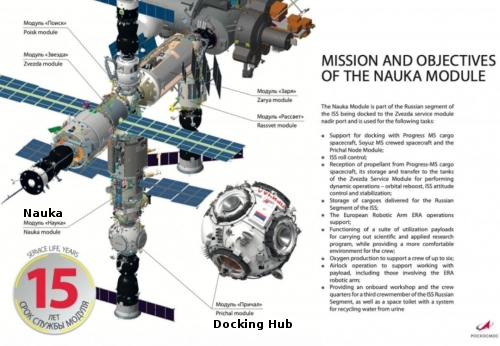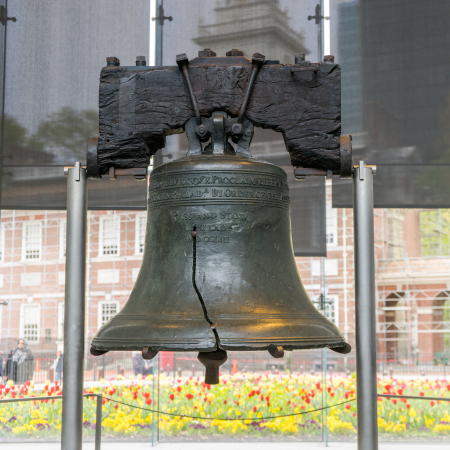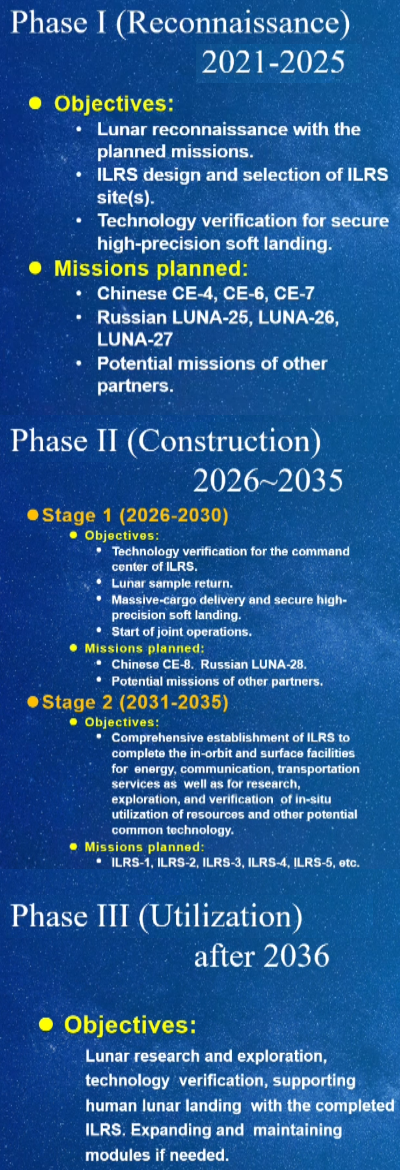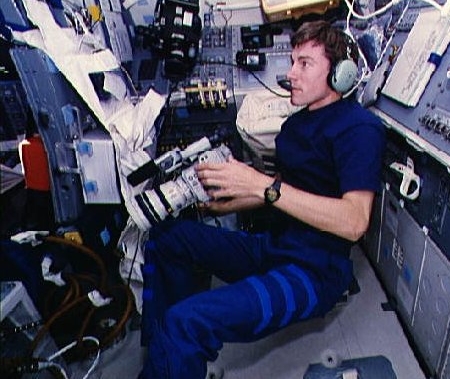Russia launches another 34 OneWeb satellites
Russia today put another 34 OneWeb satellites into orbit, using its Soyuz-2 rocket.
OneWeb now has 288 satellites in orbit, out of the planned 648. At present the constellation is able to provide service to customers in latitudes north of 50 degrees. Though SpaceX’s Starlink constellation is also offering service to customers in the same northern latitudes, the two companies service different customer bases, with OneWeb aimed at big business and government operations and Starlink aimed at individual residential customers.
The leaders in the 2021 launch race:
27 China
20 SpaceX
13 Russia
4 Northrop Grumman.
The U.S. still leads China 31 to 27 in the national rankings.
Russia today put another 34 OneWeb satellites into orbit, using its Soyuz-2 rocket.
OneWeb now has 288 satellites in orbit, out of the planned 648. At present the constellation is able to provide service to customers in latitudes north of 50 degrees. Though SpaceX’s Starlink constellation is also offering service to customers in the same northern latitudes, the two companies service different customer bases, with OneWeb aimed at big business and government operations and Starlink aimed at individual residential customers.
The leaders in the 2021 launch race:
27 China
20 SpaceX
13 Russia
4 Northrop Grumman.
The U.S. still leads China 31 to 27 in the national rankings.




